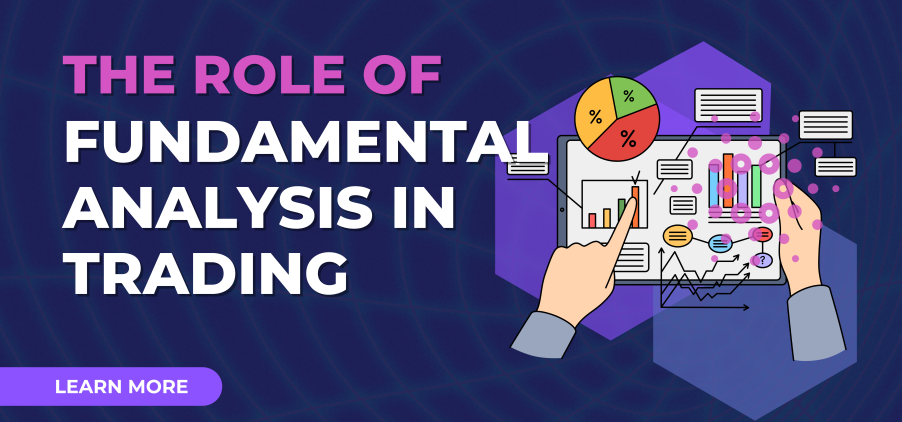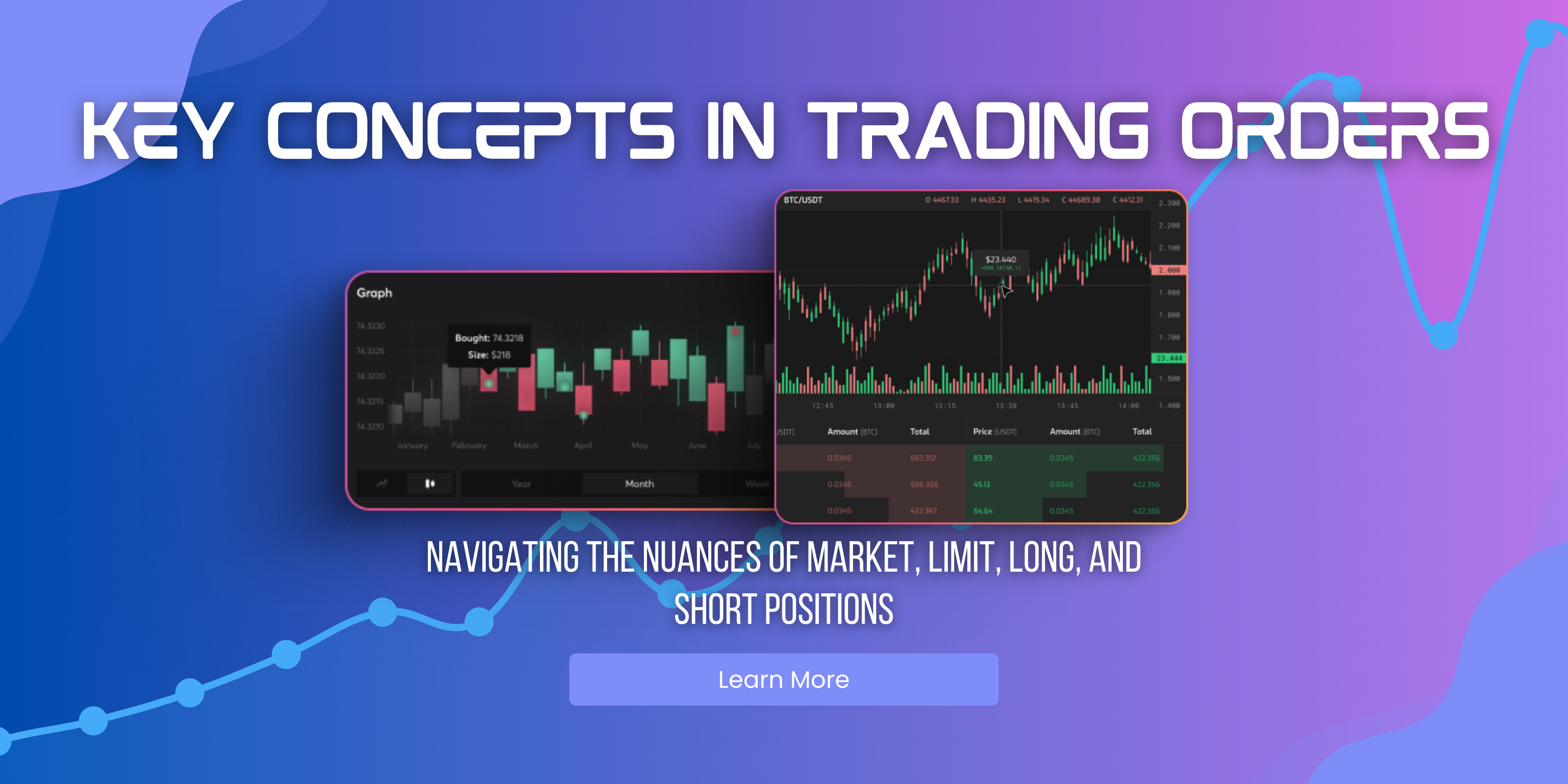In the world of financial markets, traders and investors utilize various methods to evaluate the value of assets and make informed decisions. Fundamental analysis is a key approach that focuses on examining the intrinsic value of securities by analyzing economic, financial, and qualitative factors. In this blog post, we will delve into the role of …
What is Fundamental Analysis in Trading

In the world of financial markets, traders and investors utilize various methods to evaluate the value of assets and make informed decisions. Fundamental analysis is a key approach that focuses on examining the intrinsic value of securities by analyzing economic, financial, and qualitative factors. In this blog post, we will delve into the role of fundamental analysis in trading and its significance for market participants.
Understanding Fundamental Analysis
Fundamental analysis involves assessing the underlying factors that can influence the value of a security, such as a stock, bond, or commodity. This analysis encompasses a wide range of factors, including:
- Economic Indicators: Traders examine economic indicators such as GDP growth, employment data, inflation rates, and consumer sentiment to gauge the overall health of an economy and its potential impact on asset prices.
- Company Financials: Analyzing a company’s financial statements, including revenue, earnings, and cash flow, provides insights into its financial health and growth prospects.
- Industry and Market Trends: Understanding industry dynamics, market trends, and competitive landscape helps traders assess the broader context in which a security operates.
- Qualitative Factors: Factors such as management quality, brand strength, and competitive advantages are also considered in fundamental analysis.
The Role of Fundamental Analysis in Trading
Fundamental analysis serves as a cornerstone for long-term investors and traders seeking to understand the underlying value of an asset. By evaluating the fundamental factors that drive an asset’s price, traders aim to identify opportunities where the market price deviates from the intrinsic value, potentially presenting buying or selling opportunities.
Value Investing and Fundamental Analysis
Value investors, such as Warren Buffett, are known for their reliance on fundamental analysis to identify undervalued assets with the potential for long-term growth. By focusing on the underlying fundamentals of a company, value investors seek to capitalize on discrepancies between market price and intrinsic value.
Impact on Market Sentiment and Long-Term Trends
Fundamental analysis can also influence market sentiment and long-term trends. Positive or negative developments in economic indicators, corporate earnings, or industry trends can shape investor perceptions and drive market movements over extended periods.
Challenges and Limitations of Fundamental Analysis
While fundamental analysis provides valuable insights, it also has its limitations. Factors such as market sentiment, geopolitical events, and unexpected developments can impact asset prices in ways that may not align with fundamental analysis alone.
In conclusion, fundamental analysis plays a crucial role in trading by providing a comprehensive framework for evaluating the intrinsic value of assets. By understanding economic, financial, and qualitative factors, traders can make informed decisions and navigate the complexities of financial markets with greater insight.








